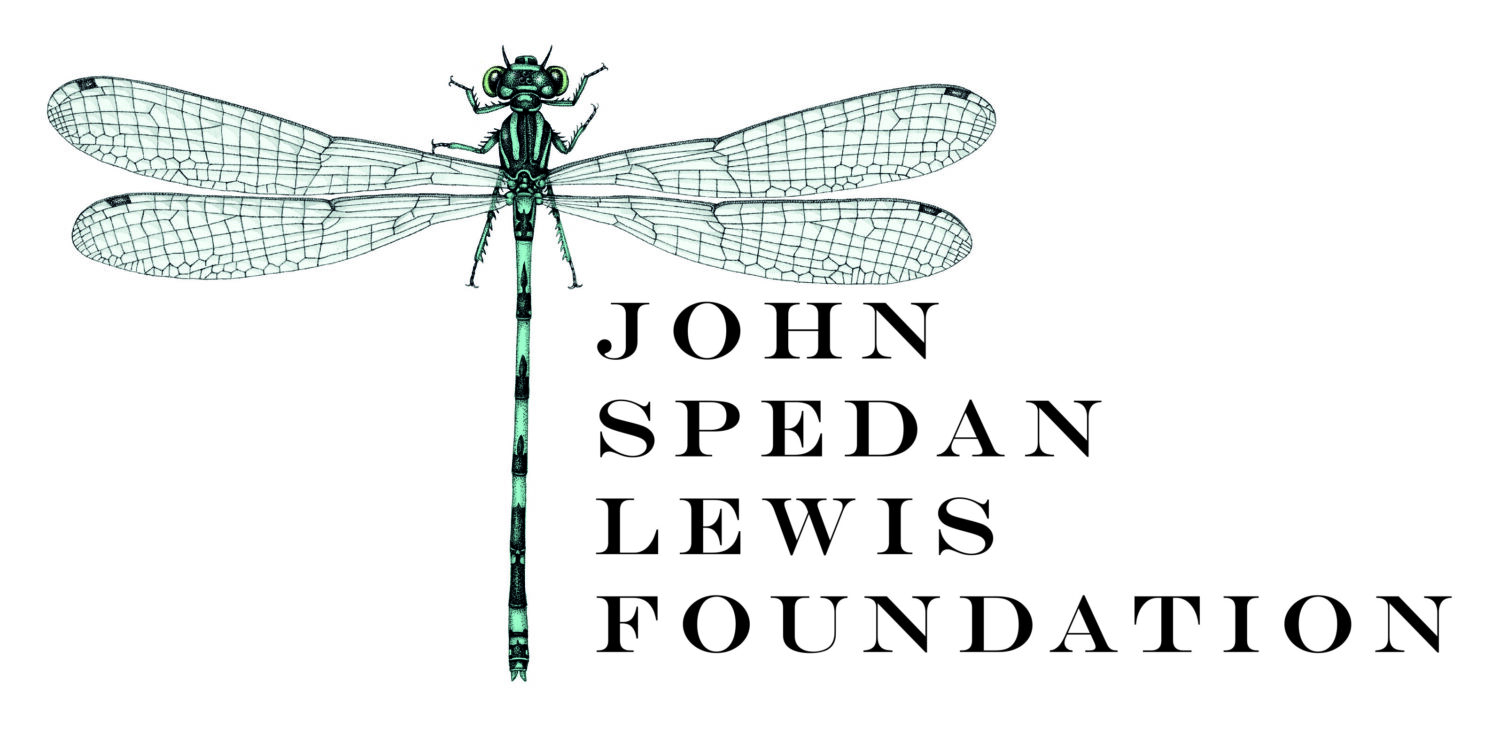Thanks to the support of the John Spedan Lewis Foundation, this year, you could be engaging in a new field identification skills programme dedicated to helping early-career professionals develop skills in natural history
Thanks to the generous support of the John Spedan Lewis Foundation, in 2024 NHSN is launching a new Field Identification Skills programme providing local students and early-career professionals with opportunities to improve their skills, grow employability and learn from experienced local naturalists.
With transport, training and resources provided, a total of ten trips will take place to various sites across Northumberland and County Durham, offering you the chance to explore new places, encounter some of our region’s most beautiful wildlife and develop your skills in identifying bees, ladybirds and wildflowers – the groups at the heart of NHSN’s three long-standing citizen science projects.
Why Do You Need Field Skills?
Field skills, including identifying, surveying and recording wildlife, are a key element of many jobs in the environmental sector. Despite this, opportunities to develop these skills to the standard needed for many roles in ecology and conservation are often limited.
What Will You Get To Experience?
Between April and September 2024, ten trips will take place to several locations across North East England. These include some of our region’s most diverse and interesting sites and those that present new opportunities to record wildlife, among them Upper Teesdale, Lindisfarne, Warkworth, Bishop Middleham Quarry and Allenheads. Transport via mini-bus will be provided from Newcastle and all trips will take place on weekends, ensuring trips fit around your studies and other commitments.
Each trip will focus on a specific topic including bees, ladybirds and wildflowers, usually orchids, with you joining one or more experienced local naturalists to find, identify and learn about wildlife in the field. Trips will include time to ask questions, network and record wildlife yourself while contributing to NHSN’s citizen science projects in areas lacking wildlife records.
Trips will take place on the following dates: 13 April, 11 May, 26 May, 2 June, 9 June, 23 June, 14 July, 31 August and 14 September, with another two sessions to be confirmed. Please check your availability before applying.
What Will You Get From Taking Part?
At the end of the course having attended five or more sessions, you will receive a certificate demonstrating your participation. You’ll also receive complimentary identification guides and your own hand lens – perfect for taking your newfound interest further in the future.
More importantly, however, you’ll receive a unique opportunity to meet and learn from experienced professionals, many of whom are recognised as experts in their particular field. By doing so, you’ll improve your CV and boost your knowledge of wildlife identification, gaining transferable skills valued by environmental employers. You’ll also meet like-minded students, have the opportunity to feature in NHSN communications and in some cases, meet with practitioners and land managers responsible for managing these unique sites.
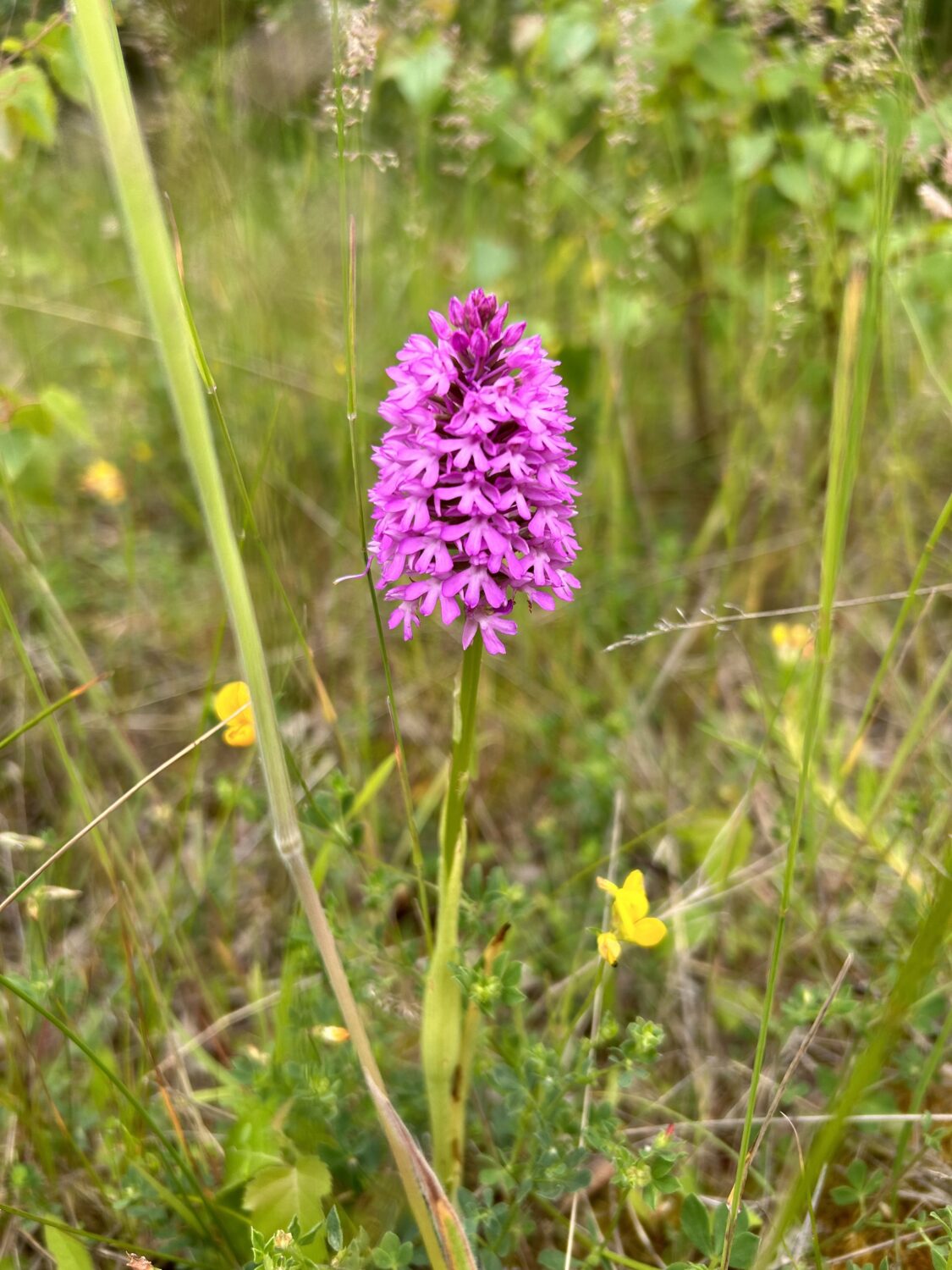
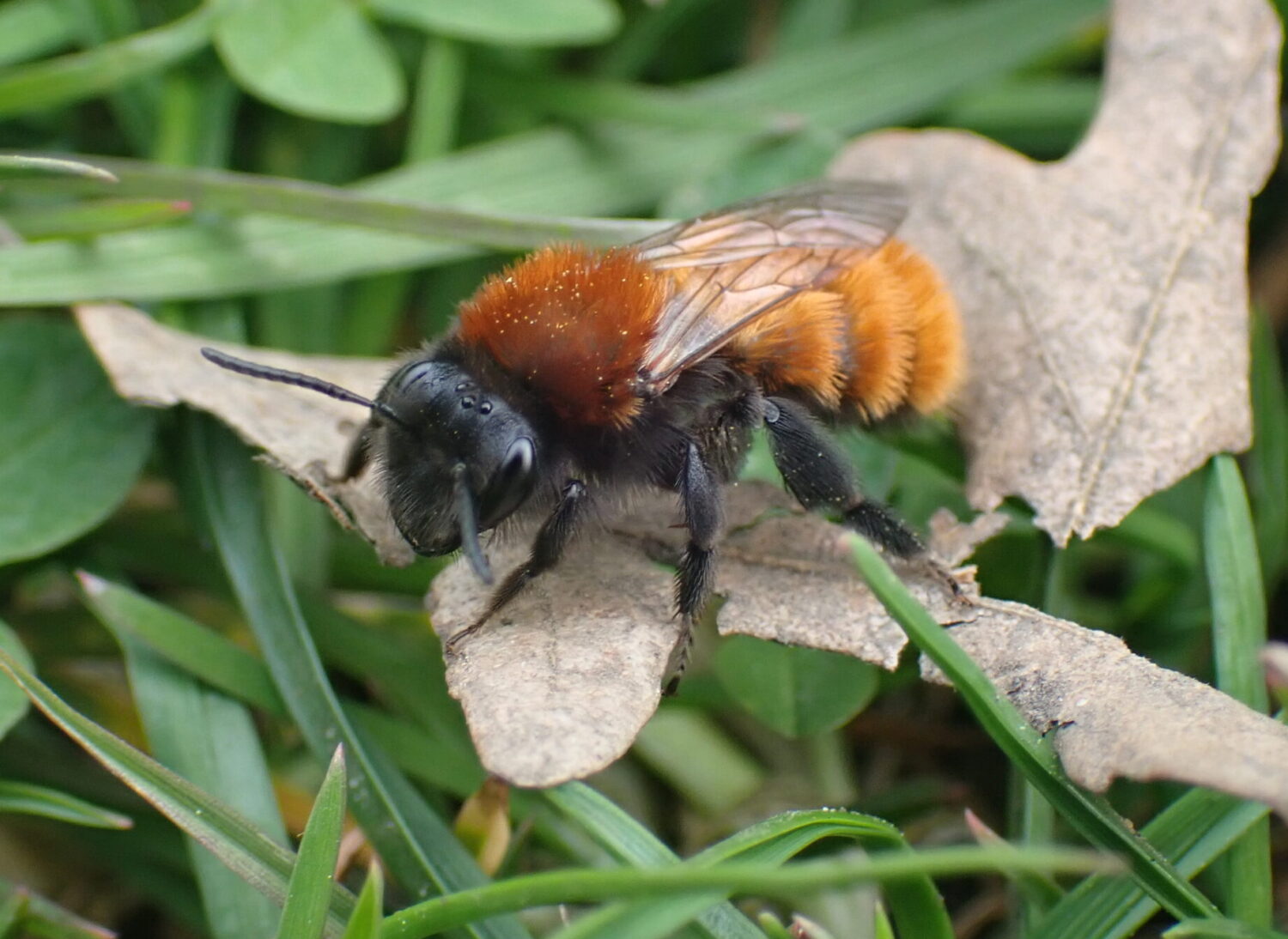
Who Can Apply?
This course is open to anyone aged 18-35 who is unemployed, in full-time education or currently volunteering with a non-profit conservation organisation (e.g. charities, local authorities, National Parks and National Landscapes). Young people who demonstrate an enthusiasm for natural history but are not currently at university are also most welcome.
How to Apply
To apply, please email NHSN Senior Naturalist, James Common, at james.common@newcastle.ac.uk by Friday 1 March. Please provide:
- Your name
- Organisation or University, including the name of your course if relevant
- A short statement expressing why you are interested in this opportunity (200 words max)
Numbers will be capped at 25 individuals and attendees for each trip confirmed on a first-come, first-serve basis. Priority will be given to those who have attended fewer trips as part of the programme. Successful applicants will be contacted by email no later than 8 March 2024.
Who is involved?
Throughout the programme, participants will have the opportunity to learn from several local naturalists with expertise in botany and invertebrates. These are:
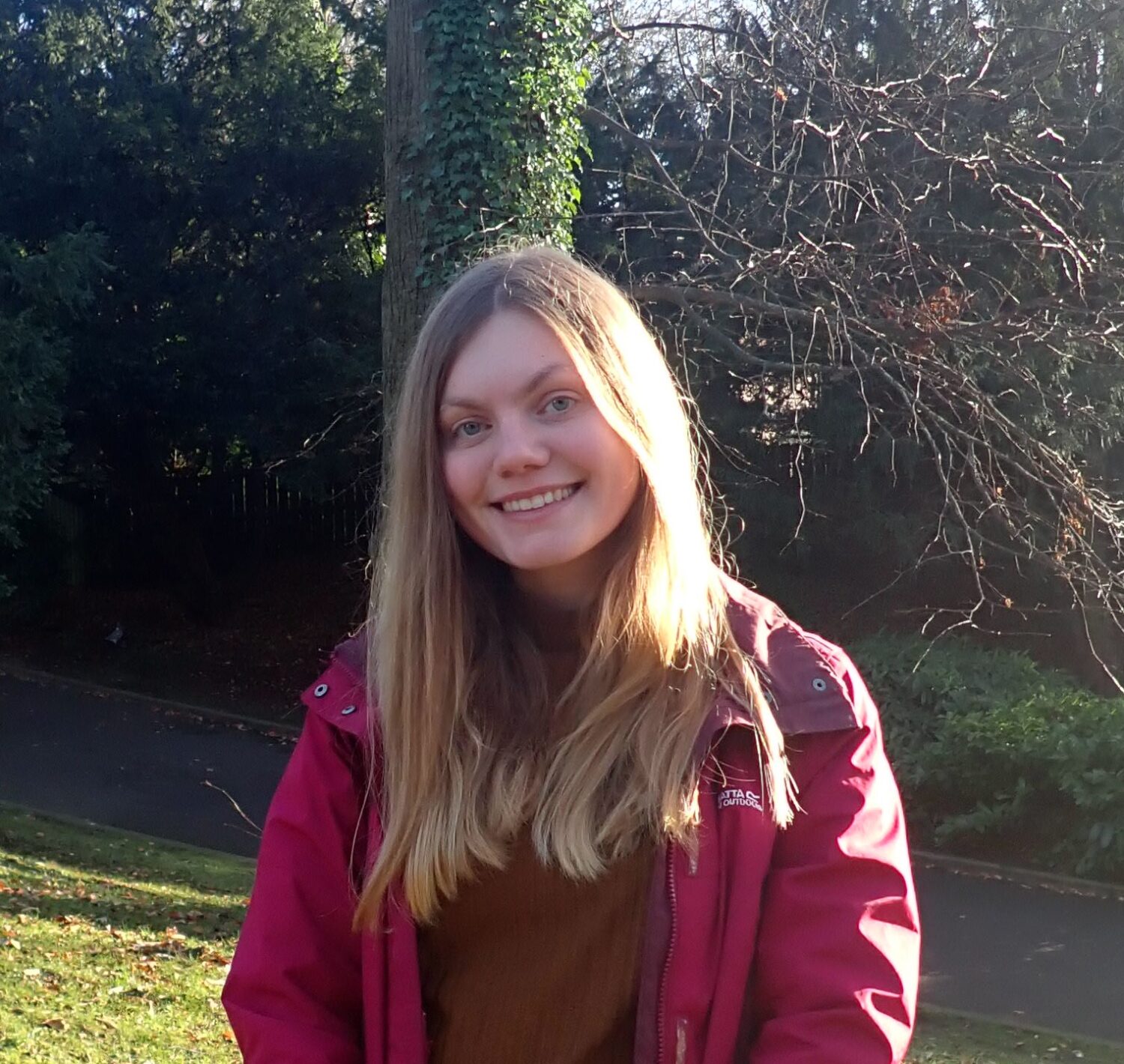
Charlotte Rankin
Entomologist
Charlotte is a Coordinator with NHSN’s Invertebrate Group and a local naturalist interested in invertebrate conservation and species recording. She discovered her passion for pollinators during university and now works in pollinator conservation just across the border in Cumbria
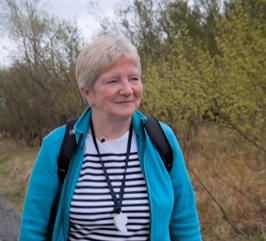
Louise Hislop
Entomologist
Louise is a naturalist and entomologist with a particular interest in wild bees, solitary wasps and hoverflies. She is the former Chair of BWARS, the national Bees, Wasps and Ants Recording Society, an organiser/recorder for the North Pennines National Landscapes (formerly AONB) Special Invertebrate Sites Invertebrate Recording Group and a co-author of Bumblebees of North East England
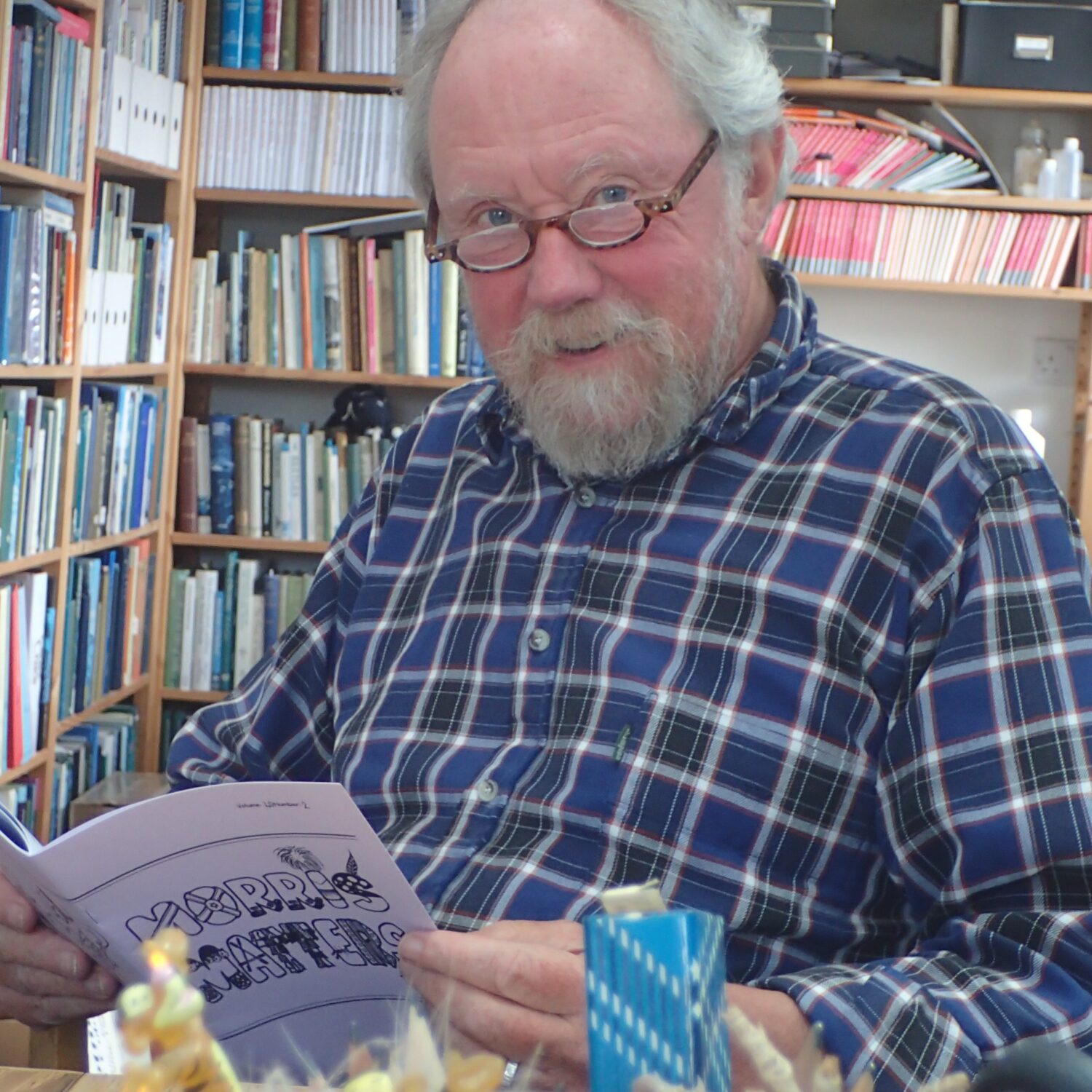
Chris Metherell
Botanist
Chris is a current NHSN Botany Group Coordinator, vice-county recorder for North Northumberland and former president of the Botanical Society of Britain and Ireland (BSBI). He is the national referee for Eyebrights and recently published a book on the Plants of Holy Island.
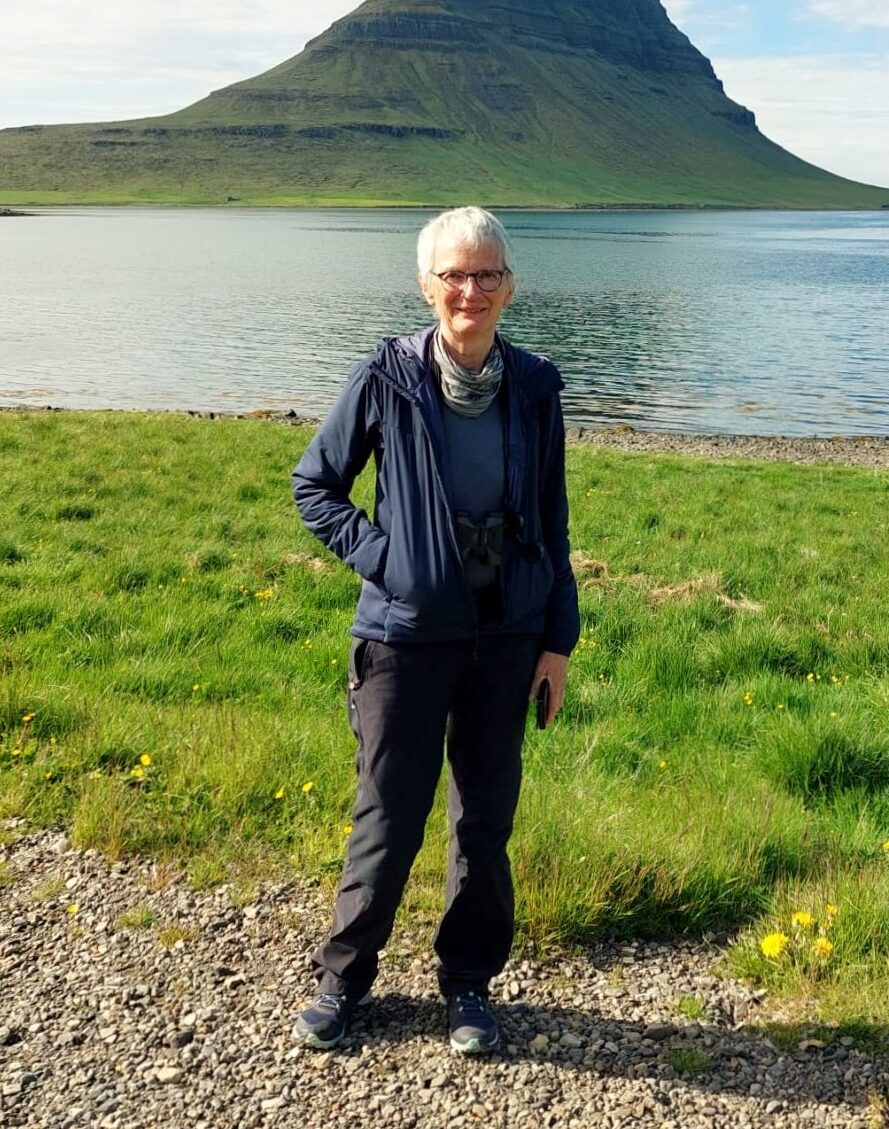
Mima Cattan
Botanist
Mima is a current NHSN Botany Group Coordinator. She coordinates the NHSN ‘Friday Botany Group’ and has conducted several botanical surveys over the years to interesting sites across the UK. She contributed to Orchids of North East England.
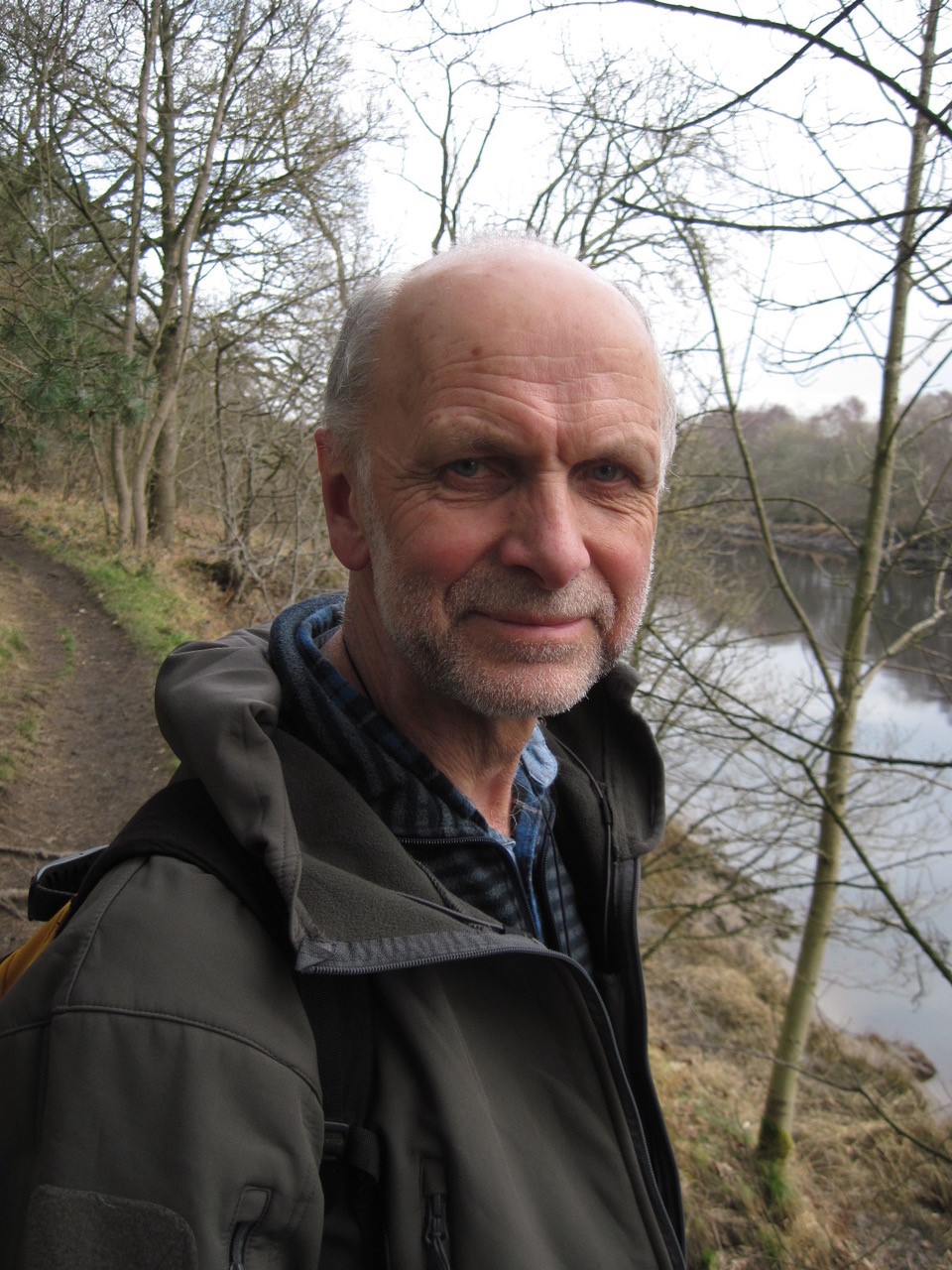
Gordon Port
Entomologist
Gordon is a current NHSN Invertebrate Group Coordinator and Honorary Fellow of the Royal Entomological Society. He teaches Field Identification Skills at Newcastle University and has an unusual fondness for slugs.
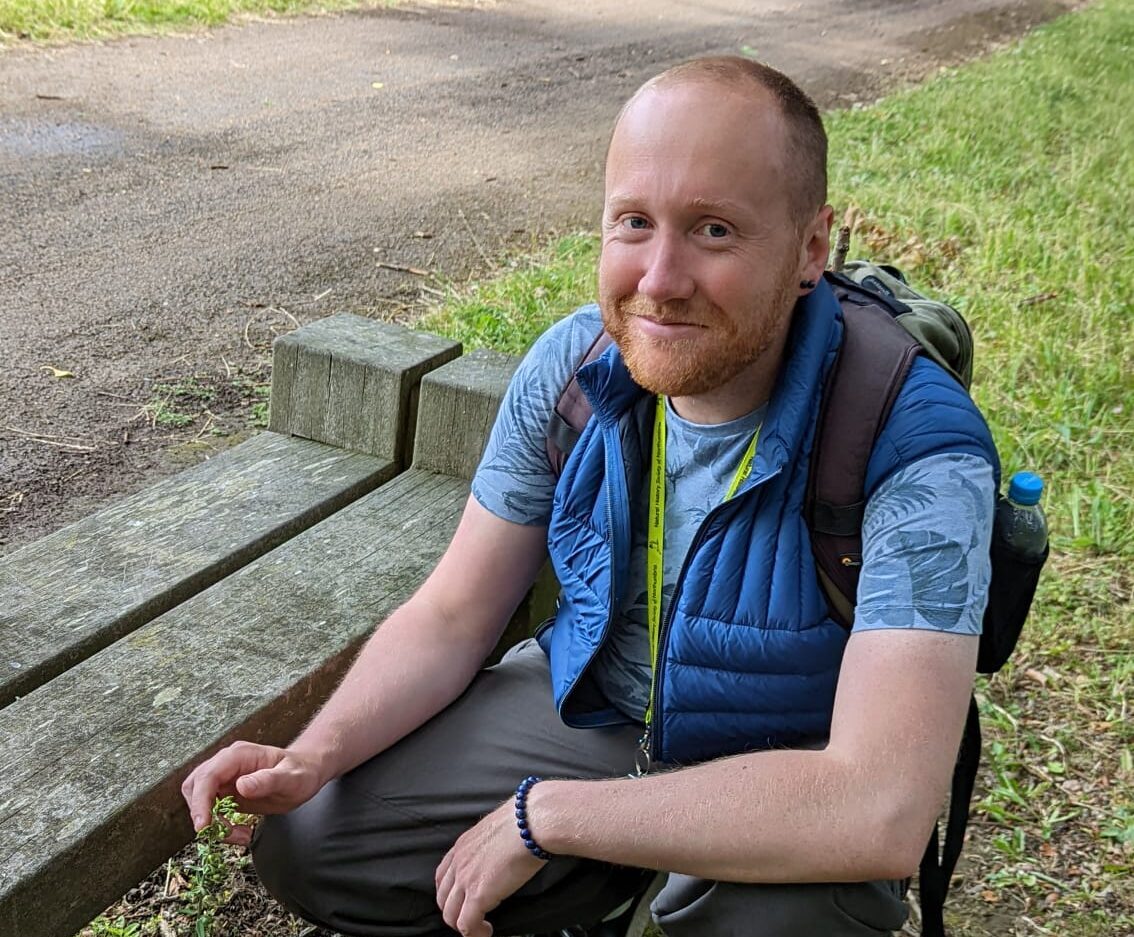
James Common
Botanist
James works as NHSN’s Senior Naturalist and with Chris, is a vice-county recorder for North Northumberland. He is a plant verifier for South Northumberland and leads education courses and events helping people find, identify and record wildflowers. His main interest is in urban plants.
